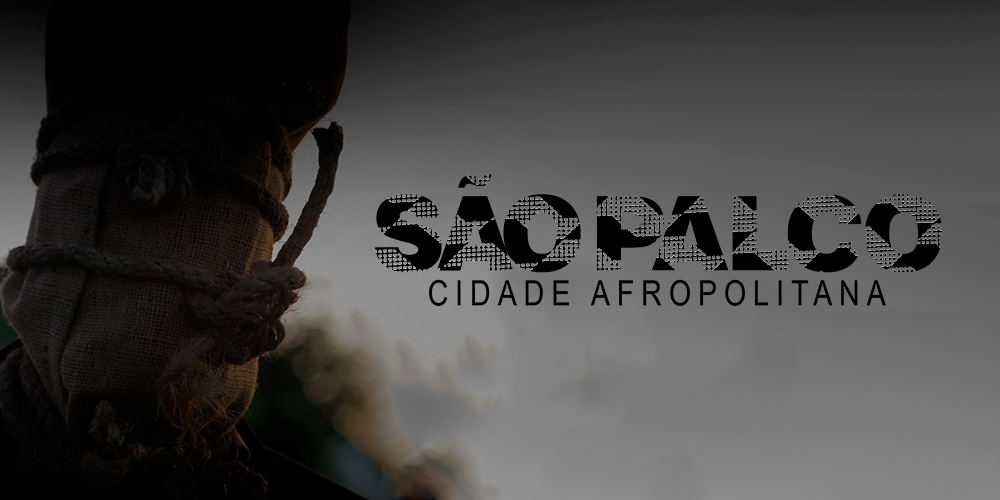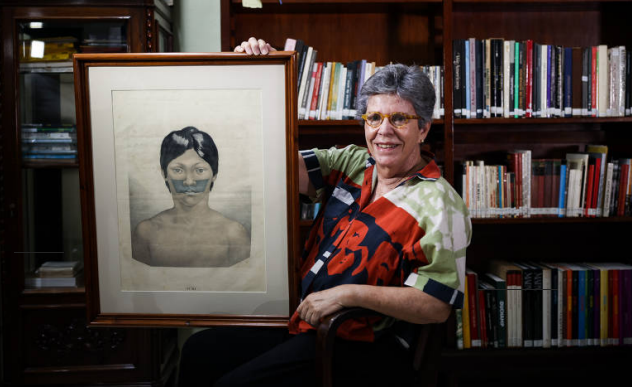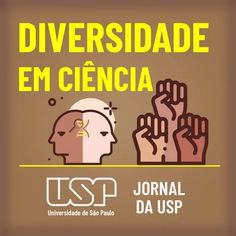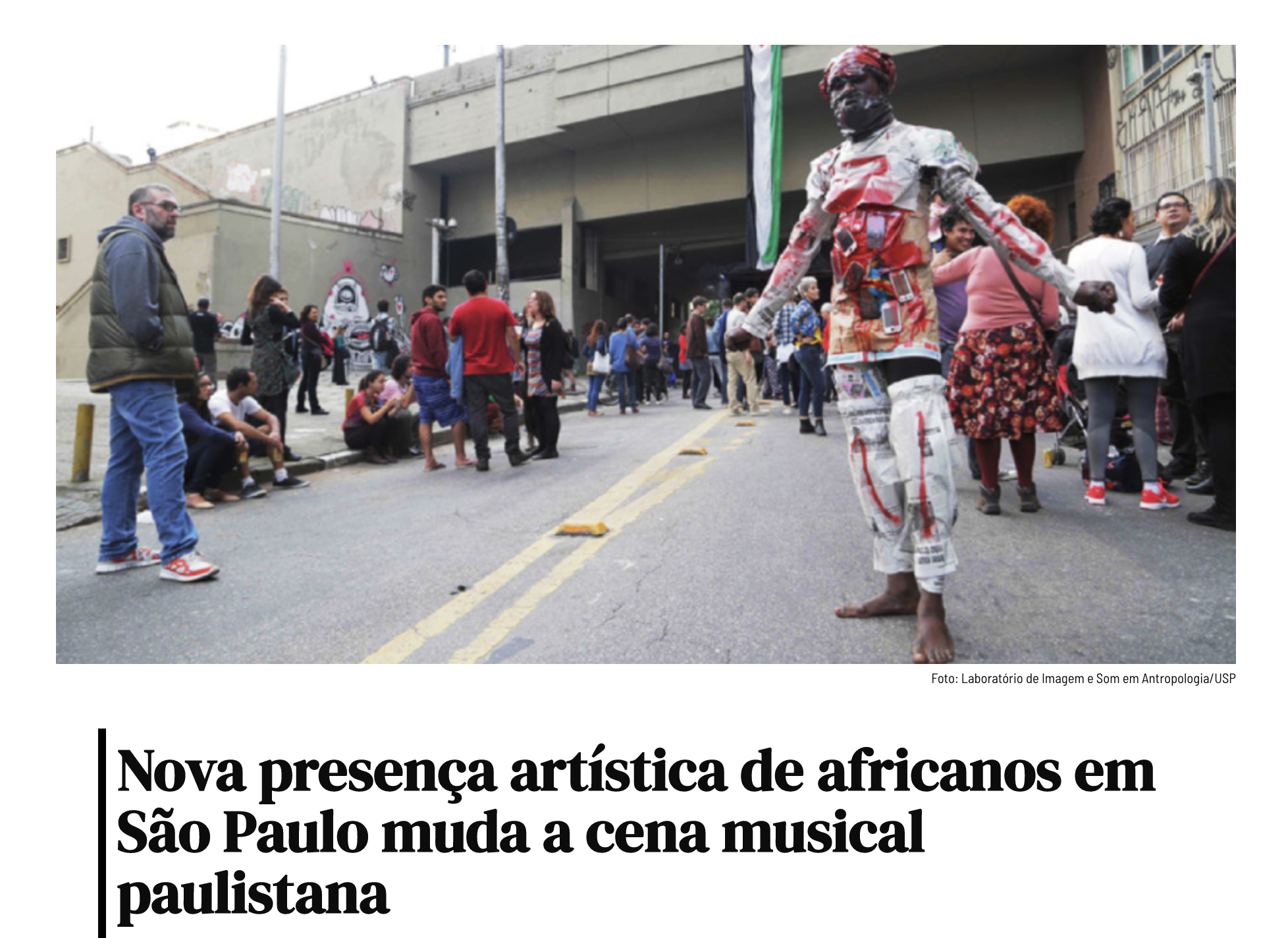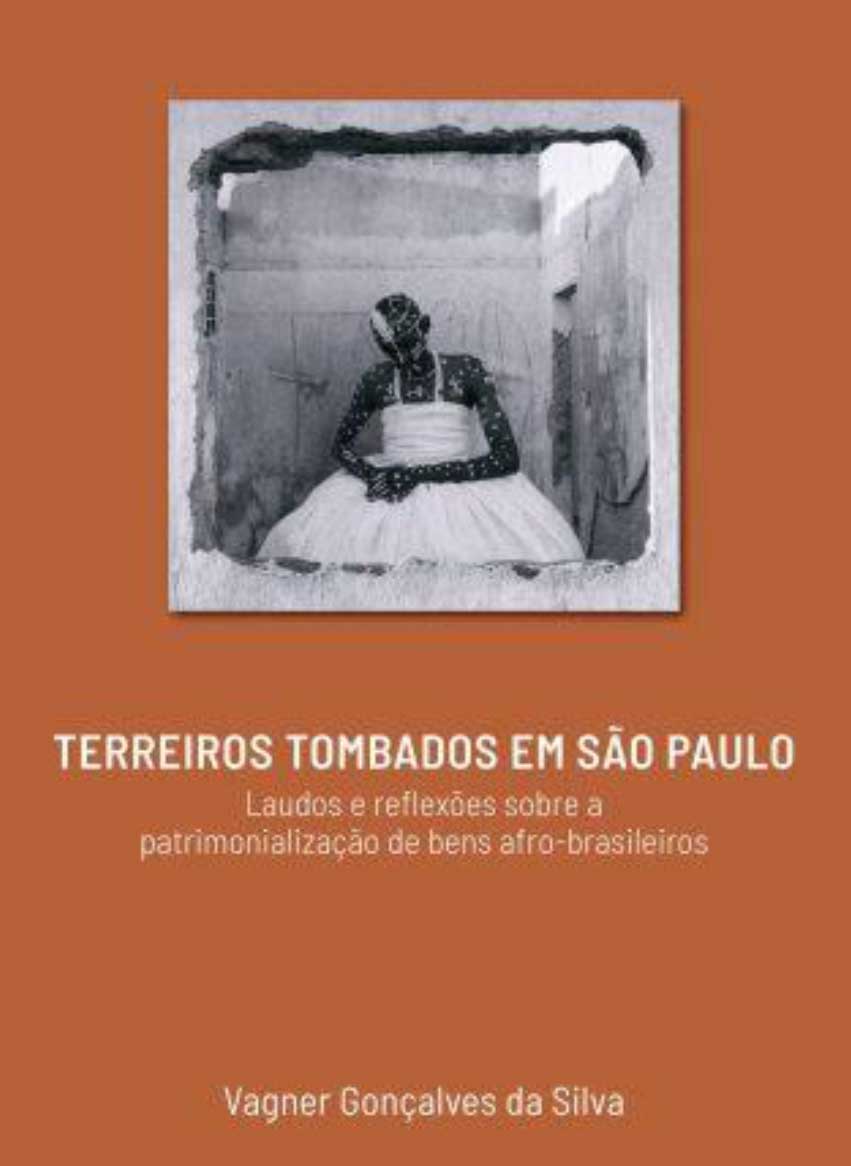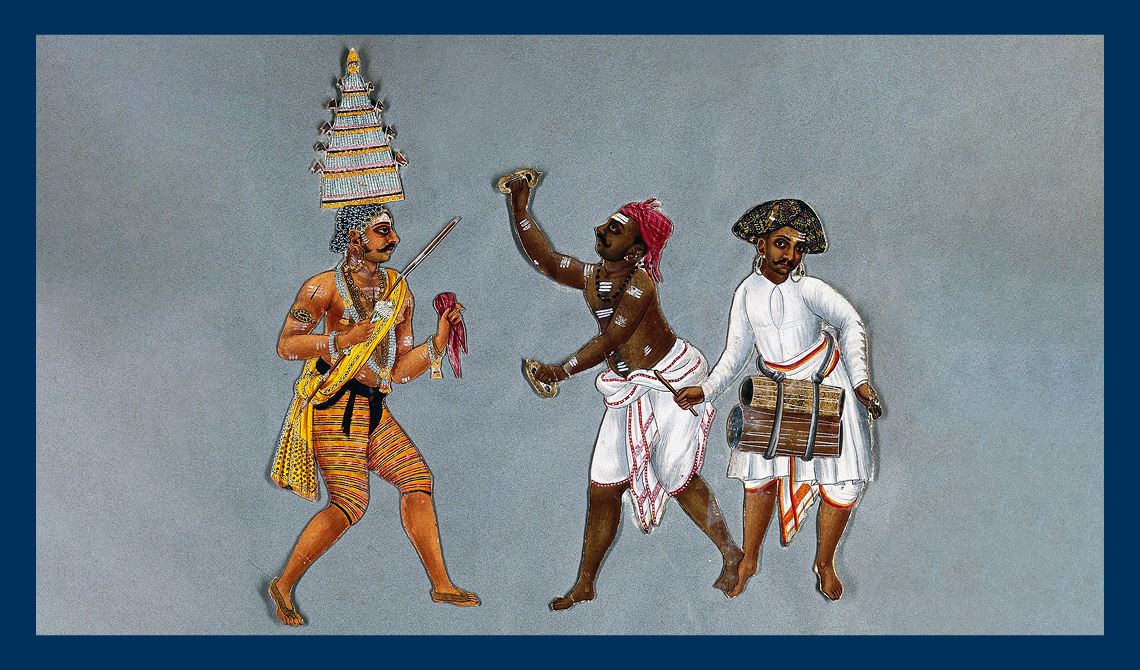DA in the media
Luiz Paulo Ferreira Santiago discussed topics from his master's thesis (defended in May/24) about funk dances in S. Paulo, in an interview with Rádio USP (7/17/24): https://jornal.usp.br/radio-usp/pensar-os-bailes-funks-e-tambem-pensar-a-cidade/
For other details, see also (26/6/24): …
USP newspaper publishes an article announcing the premiere of the film "São Palco - Cidade Afropolitana", by directors Jasper Chalcraft and Rose Satiko Gitirana Hikiji. The article features interviews with the directors and protagonists, presenting the idea behind the film's conception. The exhibition will take place on 04/25, at 4:30 pm, in the Carlos Reichenbach room at Centro Universitário Maria Antonia - Rua Maria Antônia, 294. Free entry! Link to the article: …
maisThe publication addresses the dilemmas between motherhood and work, presenting the story of Sylvia who, to reconcile both, chose to take her daughters to carry out her field research among the Bororo.
The article also tells about her career as a researcher and teacher, in addition to presenting LISA and its history.
Access the article in this link.
Photo: Zanone Fraissat/Folhapress
Link to the interview with professor Heloisa Buarque de Almeida about her Free Teaching thesis: https://jornal. usp.br/podcast/diversity-in-science-98-categories-of-violence-sexual-and-its-recents-typifications-legal/
Gabriela Leal talks about her book "Cidade: modos de ler, usar & se apropriar. A São Paulo do graffiti" (S, Paulo, Ed. Funilaria, 2023) at: https://open.spotify.com/episode/4BTtHF3NL4ZLsfknKm6tKF?si=dn8vdXIrQGawUPlI_IyzmQ&nd=1
USP Journal published an article about the Pierre Verger award won by the documentary Afrosampas, by Rose Satiko Gitirana Hikiji and Jasper Chalcraft. The article tells a little about the details of the work and about the African presence in the artistic and musical scene of São Paulo.
Check out the full article at: https://jornal.usp.br/.../nova-presenca-artistica-de.../
Book by Prof. Vagner Gonçalves da Silva about anthropological reports used for the tomb of communities in São Paulo terreiros by Condephaat was featured in Quatro Cinco Um magazine.
Specialized and open access encyclopedia that brings together content produced by graduate students made the news in FAPESP magazine!





